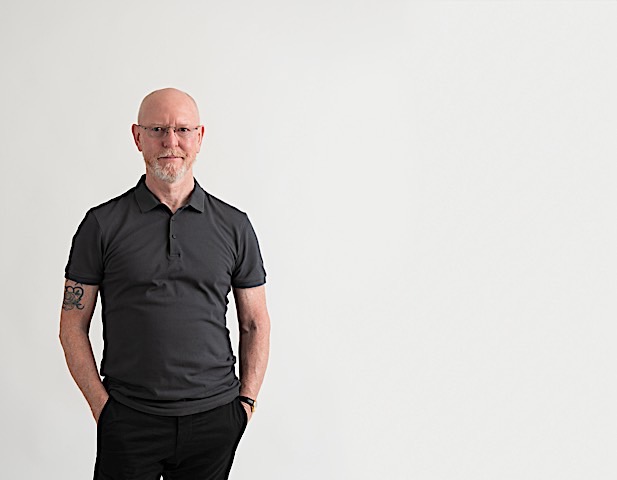Ancient Brains, Modern Challenges: Cognitive Enhancement
Hi
In the words of Andrew Scott, "We have to invest much more in our future selves." As the life expectancy in countries like Australia and China surpasses the United States, we must acknowledge a profound reality: we have more future ahead of us than ever. This fact calls for an investment not just in our physical health but also in our cognitive abilities. Today, we find ourselves increasingly challenged by the demands of modern living – we are ancient brains trying to navigate a high-tech world.
I have already written about looking after your physical health, but now we must consider how best to use our brains to navigate our future years. We need to adapt to a world in which most of what we're learning and teaching is cognitive and inside the head—locked inside our heads.
Ancient Brains in the Information Age
Our ancient brains are racing to keep up in a world due to an overwhelming influx of information that challenges our ability to set goals and progress towards them. Annie Murphy Paul puts it neatly by saying, “...It’s easy to get angry at ourselves for being distracted or not remembering things, or not understanding things.”
Executive functions in the human brain, including attention, working memory, and goal management, are the orchestrators of our cognitive abilities. These help us evaluate situations, make informed decisions, organise thoughts, and plan actions, pivotal skills in both personal and societal contexts. The robustness of these functions allows us to set goals and mobilise our cognitive resources effectively.
However, our digital age has drastically increased our cognitive load. The constant influx of data, notifications, and digital stimuli vies for our attention, disrupts our focus, strains our working memory, and complicates goal management. Recognising and addressing these challenges becomes crucial as we face this battle for cognitive control. By managing our digital consumption and prioritising mental health, we can help preserve the efficiency of our executive brain functions.
Systems for Success
James Clear’s "Atomic Habits" suggests that goals are good for setting a direction, but systems are best for making progress. Your goals are about the desired results, and systems are the processes that help you reach what you want to achieve. Again, this will depend on keeping your executive functions intact and dealing with distractions daily and often every minute.
The Extended Mind
I don’t remember everything I read. So I take notes, hoping to extend my short-term memory. But I need a system where I can recall them. I use my Kindle to read and highlight what I think I’d like to remember and offload these thoughts to a program called Readwise. It takes those highlights and emails me several a day to review. It will also send them to a note-taking app called Roam Research, where I can organise and tag the information. We also use our phones to extend our minds by storing data, especially phone numbers, email addresses and other notes. These are digital extensions, outside resources, for our minds.
Using physical space is another technique to explore ideas—using notebooks or whiteboards to brainstorm. Annie Murphy Paul calls this using 'situated cognition.' She also suggests collaborating with colleagues or peers to leverage 'distributed cognition.'—the group's collective intelligence as it's challenging for one person to create anything independently.
In the face of increasing lifespans and the digital onslaught, we must be aware of optimising our brain's executive functions for a fulfilling, extended life. Leveraging systems rather than goals can help guide us through the cognitive maze we are living in. Tools extending our mental capabilities, like note-taking and leveraging 'situated' and 'distributed cognition', become vital in managing cognitive overload. Ultimately, our quest is not merely about surviving the digital age but enhancing our mental resources and employing innovative, collaborative strategies for a rich and productive life.
Cheers
Nigel Rawlins
Chief Wisepreneur
https://wisepreneurs.com.au/
Resources Mentioned
James Clear, Atomic Habits
Annie Murphy Paul, The Extended Mind
Andrew Scott, Andrew Scott: ‘We Have to Invest Much More in Our Future Selves, Financial Times, June 1, 2023
Readwise
Connect with me on Facebook or Linkedin





